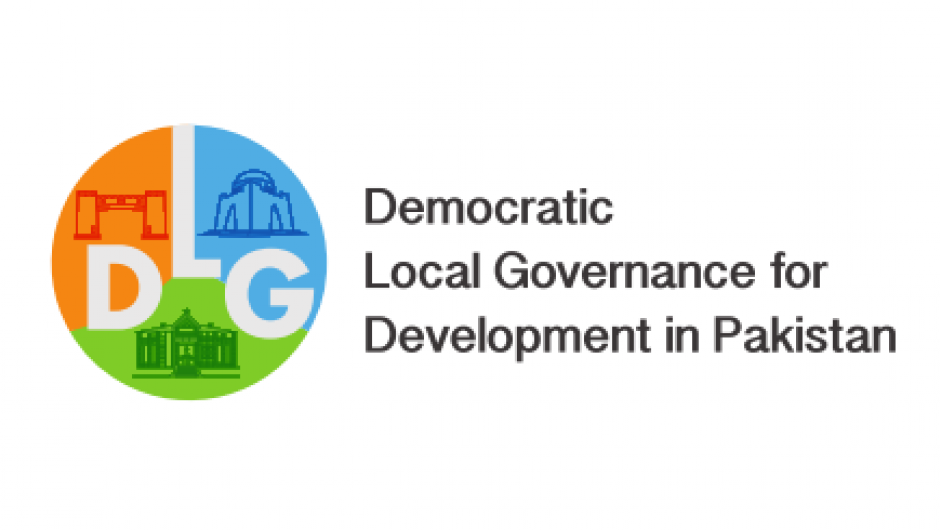Keeping it Local

The second most important regional player in South Asia, Pakistan faces extraordinary circumstances. Foreign governments and international actors acknowledge the importance of Pakistan. Along with establishing long-lasting relations with Islamabad they support its people with a long standing commitment towards democracy and human rights. “The world is becoming more accessible through the Internet and digital technologies evading imaginary boundaries”, says Hamza Khan, Project Coordinator for the “Democratic Local Governance for Development in Pakistan” program. “We have to ensure that the people at the grass roots remain informed to take part in the macro level changes that Pakistan witnesses”, he says. The people, Mr. Khan is convinced, are equipped enough to make informed decisions, advocate for their own rights, make governments more accountable and transparent and above all strive for a society that incorporates democratic principles at the local level.
To promote this objective, the European Union Delegation Pakistan and the Friedrich Naumann Foundation for Freedom-Pakistan has engaged in a four years venture in fifteen districts within three provinces of the country. The project, Democratic Local Governance for Development in Pakistan is based on the assumption that strengthening local governance institutions and mobilizing civil society will allow the citizens to become more engaged in community or district politics. As a result, budgets and other social welfare policies impacting the citizens’ lives would take the actual needs on the ground into consideration in a better manner. The project works on participatory principles creating linkages between district citizens, media personnel, private sector and entrepreneurs.
Based on the values of inclusivity the project views local elected representatives as strategic allies. In this part of the world, town or city mayors known as nazims and naib nazims (distirct councillors, district chairman) will be engaged to identify the concerns of the people and work with them to resolve their issues.
The project also aims to empower and strengthen local civil society organizations so that they may play a more active and dynamic role in the future. Fifteen district based civil society organizations are on board. Along with mobilizing local citizens they will participate in various project activities. To increase their capacity, the stakeholders in the selected fifteen districts will be sensitized to understand the budgets allocated for their district. This aims at securing transparency and accountability of government spending on health, education and water and sanitation.
Once they understand the budgets of the district government, the local civil society organizations will initiate a process of monitoring the expenditure of district budgets as well as developmental projects for these thematic areas. In addition, meetings will be organized among citizens and locally elected representatives to increase interaction and to discuss the spending highlighted through monitoring.
“Constant advocacy, engagements with media, a mobile application for budget tracking and a website to make the project more accessible are part of our four year strategy” concludes Hamza Khan, Project Coordinator for DLG Pakistan at FNF Islamabad office.